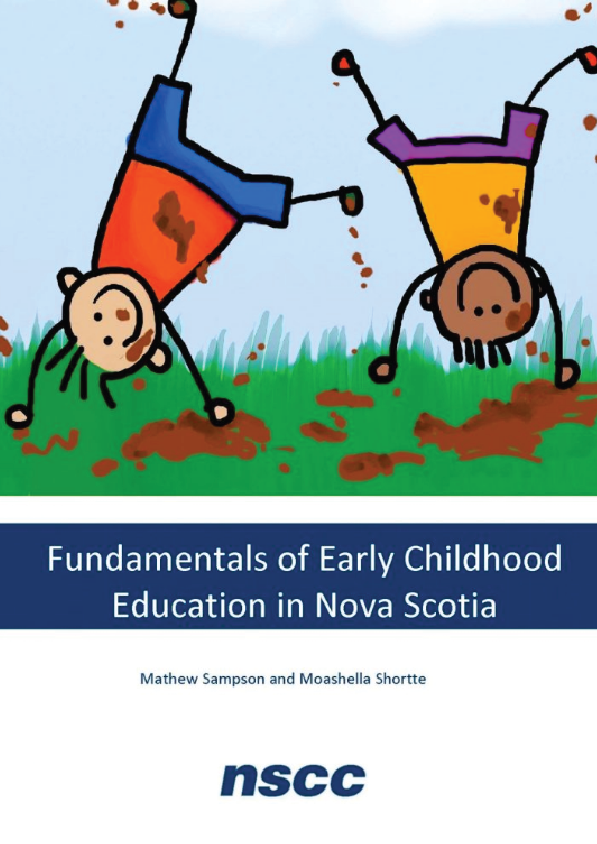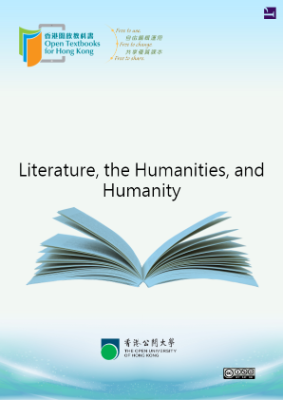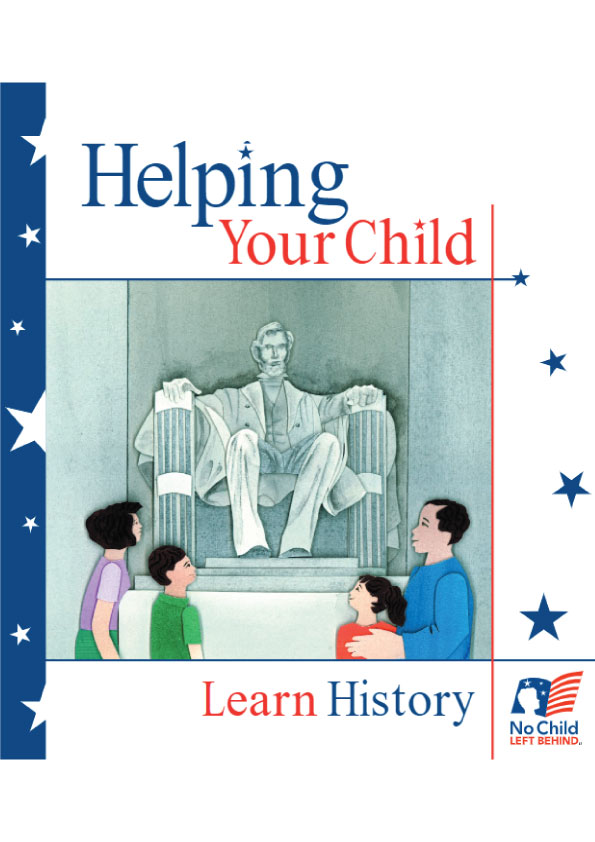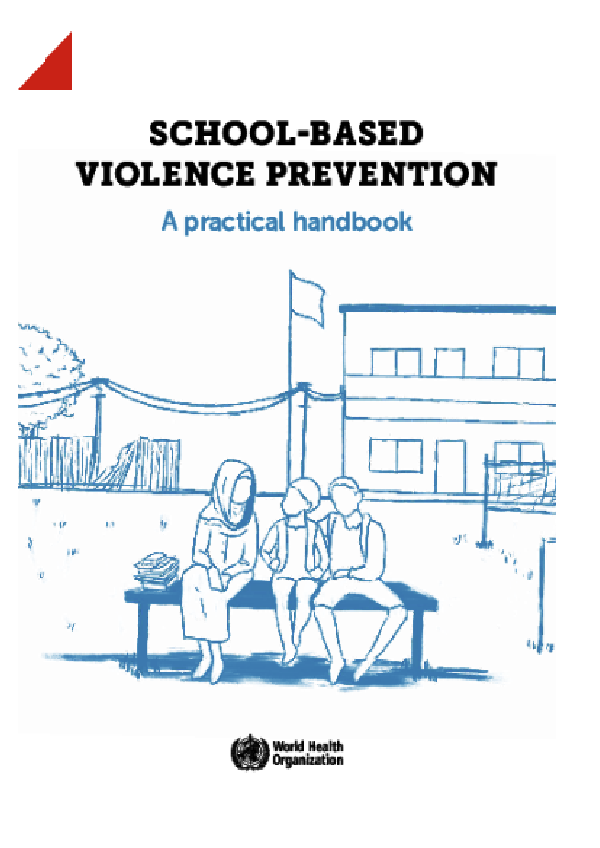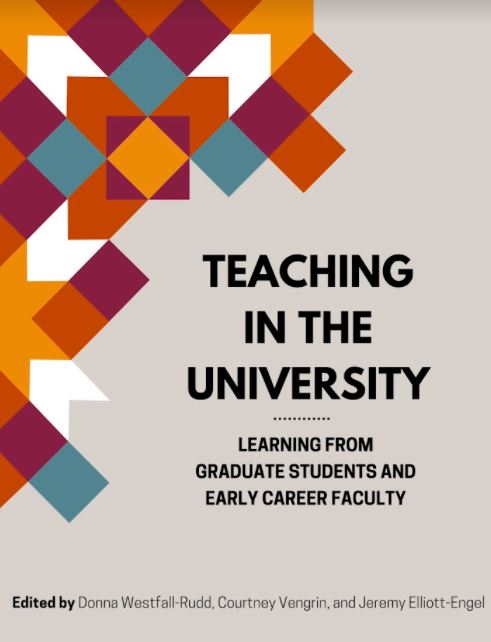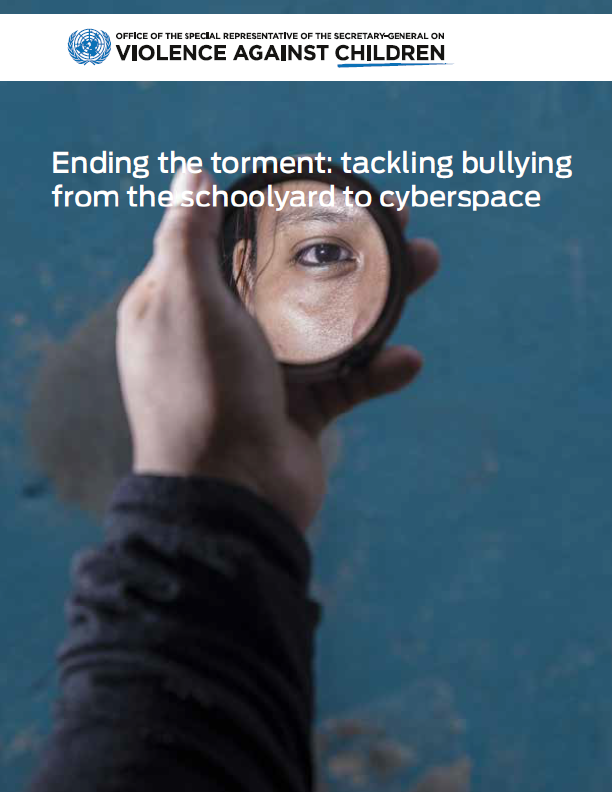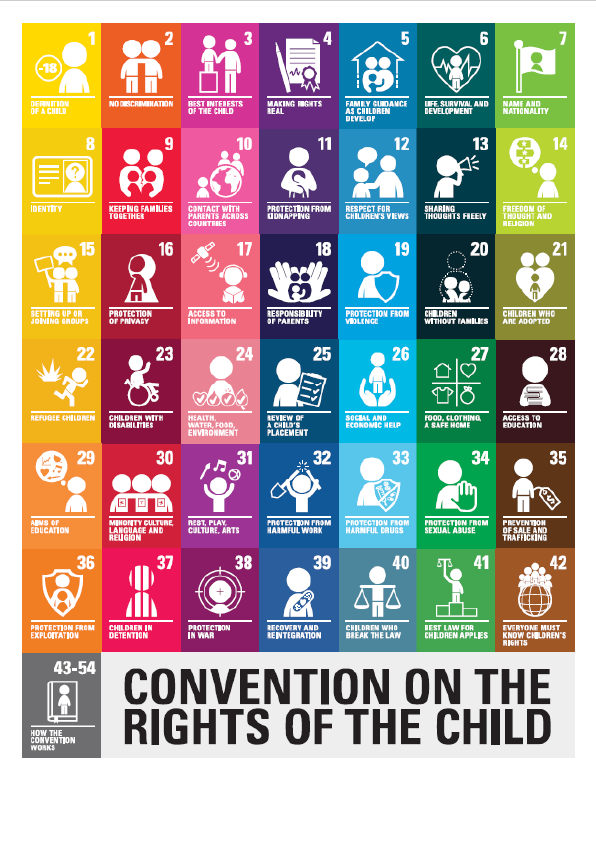CHILDHOOD FROM A HISTORICAL PERSPECTIVE
The field of Early Childhood Education has a rich history. As you will soon discover, history has not only provided us with a strong foundation, it has shaped our beliefs, instilled an appreciation for children, and it has provided us with a context that guides our current practices It is hard to imagine but children were not always considered valued members of society. You might say, children were thought to be second class citizens. In the past, many believed that children should be seen and not heard, and that children should be ruled by might (e.g. “spare the rod spoil the child”). Often time’s children were punished harshly for behaviors that today we understand to be “typical” development. In the past, childhood was not seen as a separate stage of development. There was not time for childhood curiosity and playful experiences. Children were thought of as little adults and they were expected to “earn their keep”. The expectation was that they would learn the family trade and carry on their family lineage.
Going to school was thought to be a privilege and only children of a certain class, race and status were given the opportunity to have a formal education. The primary curriculum for that era was based on biblical teachings and a typical school day consisted of lessons being taught by an adult in charge who wasn’t trained as a teacher.
A TIME FOR CHANGE
It’s important to note that historically, parents had no formal training on how to raise a healthy well adjusted child. The only “parenting book” for that time was the Bible and even then, many were not able to read it. They parented based on what the church taught, and it was these strict morals and values that informed societal beliefs and guided child rearing. It wasn’t until the 1400-1600’s, during the Renaissance, that children were seen as pure and good. New ideals began to surface. Individuals that thought differently (outside the box) began to question and investigate treatment of children. They began to observe and notice there was more to children. These were the first advocates to try and enlighten society and change the adult viewpoint in an effort to improve outcomes and support children’s growth and development. Unfortunately, many were persecuted or ostracized for being outspoken and going against the society beliefs.
Let’s take a look at some of the historical contributors to early care and education.
INFLUENCERS
The individuals mentioned in the educational influencer list below were noted philosophers and educators who sought to change the status quo. By advocating for the welfare and education of children they were instrumental in bringing an awareness that childhood is an important stage of life. It is critical to note that there were other influences from the field of psychology and medicine that also informed the field of early care and education.
Interdisciplinary refers to more than one branch of knowledge. In the case of Early Childhood Education, the disciplines include medicine, psychology, biology, parent educators and other early childhood professionals who have knowledge that helps to inform our practices with children and families. The collective knowledge we gain from these contributions, gives our field the evidence to support the role of the teacher in providing engaging environments, meaningful curriculum, guidance strategies, etc. This is often referred to as “best practices”. As you continue to engage with this textbook, this will become more apparent to you as it relates to the unique role of an early childhood professional.
